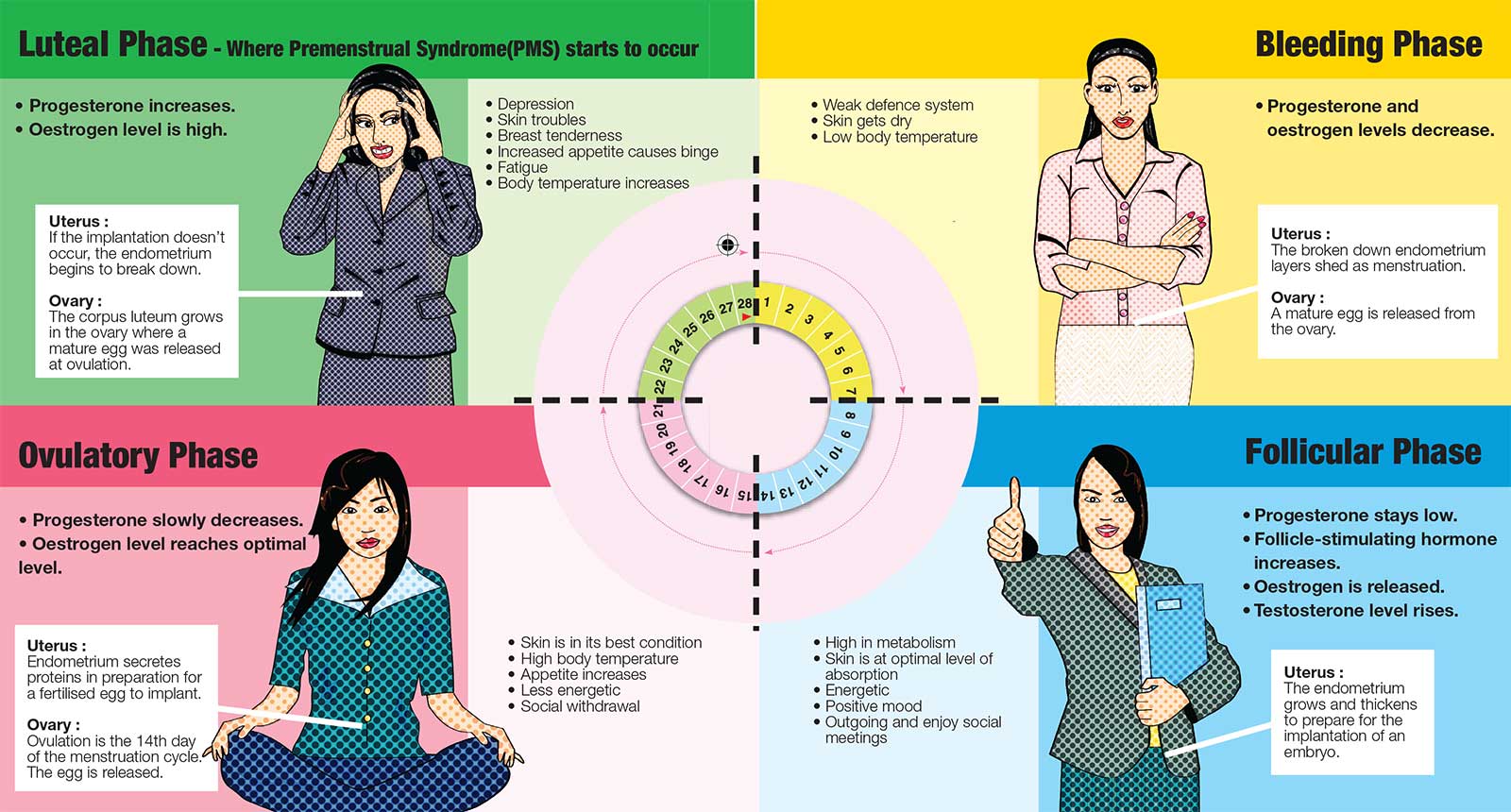Have you ever stood in awe at the beauty of your own female body? Not in a sexualized way, but more appreciative, like, “Hey, Body, you did a good job today. Thank you for helping me create something fabulous.”
The female body is AMAZING. Not only is it beautiful, but it is also ever changing – Nature’s most adaptive creature. As women, we shape ourselves, our very physiology, to meet the needs of the lives that depend on us.
For me, the moment I felt proudest of what I am capable of as a woman was after the birth of my 2nd son. It was such a calm labor (thanks to hypnobirthing) that I really felt quite euphoric and energized in those first few days with our new addition. Sleep debt did take its toll eventually but for a little while I felt like I was capable of anything.
Birth is just one of the truly amazing things that women do every day – like it’s nothing – just because they are women.
Imagine if all women understood how to maximize their creative, persuasive, meditative and analytical energies by lining up their lifestyle with their hormonal cycle. Unfortunately, the life we live and a lot of the choices we make do not allow the body to do what it is meant to do.
I believe that this is not due to negligence, but rather to a lack of education and awareness. So, fix that. Let’s learn. Read on to start understanding how to work with – not against – your body’s predictable cyclic changes and your body’s natural strengths.
First things first: know what phase you are in your cycle
There are 4 phases to each woman’s natural hormonal cycle:
Follicular, ie: follicle growth. What follicle? The follicle or envelope in your ovary that houses your egg. At this time, several follicles are competing for Biggest Follicle, and the winner will be the one that releases an egg during your ovulatory phase. Hormone levels generally start low and build during this phase. (FYI, a follicular cyst is a follicle that never erupts).
Ovulatory. Generally 3-4 days of super-charged woman power due to peak estrogen levels, but also a peak burst of testosterone as your egg is released. Your body is saying, “Connect me, I’m ready, I want to make some important connections.” Ovulation may not happen in every cycle. Working with a FertilityCare Practitioner will help you determine if you are indeed experiencing this healthy event. Estrogen ceases to dominate, dropping off after ovulation.
Luteal, characterized by the corpus luteum, or “yellow body.” The corpus luteum is actually the follicle that has just released your egg and is now triggering the buildup of progesterone, aka the pro-gestation hormone. Progesterone has many positive effects including decreased anxiety, better memory and neuroprotection from traumatic events. It’s good stuff, but it has to be natural and bio-compatible; synthetic progestins don’t help[1]. The luteal phase is also premenstrual, which too many women dread. However, it doesn’t have to be that way.
Menstrual. Your cycle is starting all over again, getting rid of the old, flushing, or detoxing, if you will, to make room for new processes. A drop off in progesterone causes your uterus to shed its lining if you did not conceive.

A concrete way is to chart your cycle using methods such as the sympto-thermal method or ovulation method. Such methods teach you to observe and chart what your cervix secretes in response to rising and falling estrogen and progesterone levels and temperature. With these tools, you can use your knowledge of your hormones to give yourself a fair advantage in your education, career and personal relationships.
Power-up by aligning your life choices with your body
It’s all a matter of your energy level and what your brain and body’s focus happens to be during each phase of the cycle.
During the follicular phase, we feel light and vivacious. We’ve just shed our old uterine lining and we’re ready to start fresh. It’s a highly energetic phase that fosters creativity. Estrogen is low but gaining steam, just like your ability to affect change in your world. Holistic Health Counselor Alisa Vitti advises making a point of trying new things at this time. Vitti, who trained at both Johns Hopkins and the Institute of Integrative Nutrition, also recommends eating foods that match the light, vibrant energy you feel, i.e. lots of fresh or lightly cooked veggies, lean protein, seeds and sprouted grains.
As you near ovulation, support your estrogen-flooded brain and ultra-feminine bod (which, of course, is more attractive during this phase) with nutrients that support healthy egg launching and formation of a corpus luteum. You also tend to be most persuasive at this phase, a superstar spokeswoman. Avocados are excellent food for this phase given their perfect combination of estrogen-balancing plant sterols, PMS-fighting B6 and delicious richness. In general, carotenoid-rich foods such as sweet potatoes, okra and other orange or dark green foods are especially beneficial for the corpus luteum.
After ovulation, tone it down. We often feel the need to draw inwards, re-group or have quiet time during our luteal phase. Does that mean we play hooky and spend the next two weeks in bed watching chic flicks? No! But do book some time for relaxation and meditation. I love long, slow vinyasa yoga classes at this time. Being pre-menstrual, support your changing estrogen and progesterone levels with calcium and magnesium rich foods that don’t promote inflammation. Chia seeds, sardines and cocoa hit all the essentials but the main thing is to steer clear of refined carbs at this stage.
During your period, none of us feel particularly energetic or outwardly people-focused. As our hormones talk to our gut, it is particularly useful to tune into our digestion at this time. Constipation? Add fiber and water, walking. Bloating? Decrease sodium, add water. Some women also have a desire to do some heavy duty self-analysis, a natural progression from the quieting down of your luteal phase to the start-again phase of follicle growth. Soothing foods like broth-based soups and stews work with your energy level at this time.
D.I.Y. functional medicine
We can’t all access a good naturopath, integrative women’s health specialist or holistic nutritionist – especially one who knows about markers of estrogen and progesterone that a woman can actually detect herself. However, a functional approach to your health as a woman has the immense benefit of miraculously ending cycles of anger, depression and self-sabotage that many of us unwittingly perpetuate.
I’ll never get tired of saying it – take charge of your own body. Each individual woman can choose to stop sabotaging her own health and happiness, and learn how to align herself with her body’s natural cycle.
Get to know your cycle phases. Do you have a long luteal phase or is it on the short side? What happens to your phase lengths when you are under unusual stress? It may not always be possible, but can you find ways to mitigate or defer that stress to a time of the month where you’ll have the hormonal advantage?
I can’t take credit for these ideas. Although they’ve been in the back of my mind for a long time, Alisa Vitti is one kindred spirit who articulates it better than me, and, I hope, is reaping the benefits of a successful practice because of her passionate pursuit of wellness + wealth for women. I watched her present at the Institute of Functional Medicine’s Functional Forum and would love to follow in her footsteps. You can attend the Forum too. She also has a TEDx talk called “Loving your lady parts…”
Hungry for more info on the cooperative approach to women’s health? Learn more here.
Reference







